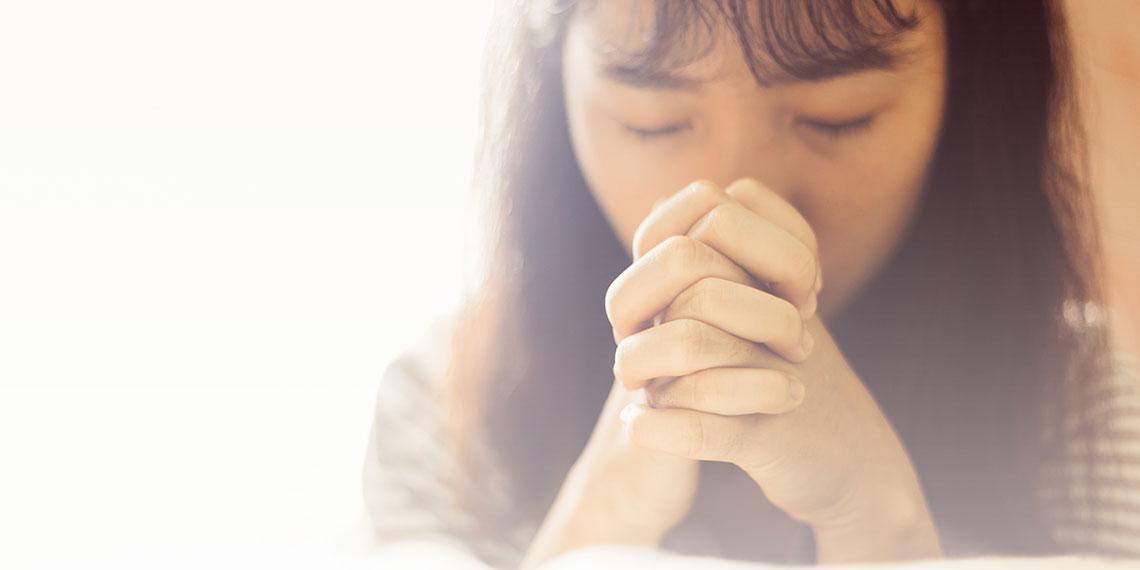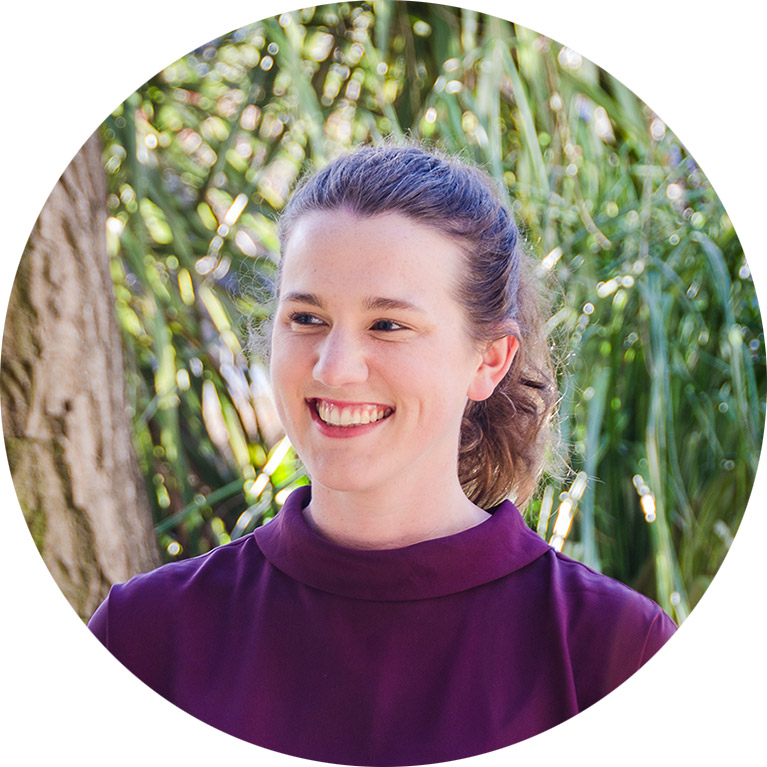You are here
Seen and Heard

Sunday March 28 is The Salvation Army’s International Day of Prayer for Children and Youth. The 2021 theme is ‘Seen and Heard’—understanding that children are full and active members of the Body of Christ and encouraging us to pray that they would all have opportunity and respect in our communities.
Coincidentally, this week we also mark one year since New Zealand was forced into nationwide lockdown. Now that we are embedded in our new normal, it is hard to remember that afternoon in March 2020, when we rushed home to kit out temporary home offices, scramble for necessary groceries, and perhaps soak up some last moments of time outdoors.
No one can argue that Covid-19 negatively impacted children in our own territory, and our natural tendency is to turn our attention and zero-in on those immediate effects which are right in front of our noses. However, all around the globe (including, undoubtedly, in pockets of our territory) the catastrophe of modern slavery and human trafficking (MSHT) has also shapeshifted because of the pandemic. It is an issue which already goes unnoticed, unseen and unheard far too often, but Covid-19 has further disguised and muffled its operations. Children make up a third of MSHT victims.
In May 2020, the United Nations Office on Drugs and Crime released a report titled, ‘Impact of the Covid-19 Pandemic on Trafficking in Persons’. It found that as countries one by one closed their borders and locked down in response to the virus, the danger for people vulnerable to MSHT increased.
‘Children are at heightened risk of exploitation, especially since school closures have not only precluded many from access to education but also from a main source of shelter and nourishment. In some countries, because of the pandemic, more children are forced onto the streets in search of food and income, heightening their risk of infection and exploitation,’ it read.
‘In an environment where priorities and actions are geared towards limiting the spread of the virus,’ the report continued, ‘it is easier for traffickers to hide their operations, making victims increasingly invisible. Identification of victims and subsequent referral to social protection schemes may therefore become more challenging.’
In these scenarios, heartbreakingly, it is becoming easier for these children to go unseen and unheard.
Even though we may feel geographically removed from the problem, this week is a reminder that we can do our part to make sure these victims are seen and heard by utilising the power of prayer. Prayer is one of the eight points specified in The Salvation Army’s International Social Justice Commission’s ‘Fight for Freedom’ strategy to combat MSHT. We can pray that more children are rescued. We can pray for their mental, emotional, spiritual and physical healing. That they will go on to live beautiful, full lives, free of violence. We can pray for the not-for-profit organisations working on the ground, as they too adjust to new parameters. We can pray for transformative change in the hearts of the perpetrators of this violence.
We can also pray that our eyes and ears will continue to be opened to injustices around us, and that if there is ever a moment where we can do something, we will have the wisdom and courage to use it well.
